JF Ptak Science Books Post 1907 [Part of the series The History of Blank, Empty and Missing Things]
- Coming shortly: The Other Great Work of The Principia Year of 1687 AND "Where Light is Declared to be not Similar", Newton's First Published Work 1671
I should feel pleased were this study to be looked upon as the entrance of the temple in which lie hidden the mys- terious splendors of Nature, and if it were the means of in- spiring some with a desire to penetrate into the sanctuary itself, and uplift the veil which conceals them, my labors will bear good fruit. -- Pouchet, from his Introduction
Felix-Archimede Pouchet (1800-1874) was a serious academic and professor of anatomy, a skilled medical man with a long history at university. Late in his life, nearly very well at its end, he published a general popular history of science with a probably-unique title, The Universe, or the Wonders of Creation, the Infinitely Great and the Infinitely Little. It was a wrist-bender, going through at least 12 editions before 1900 (a best-seller) and weighing in at just over 1000 pages.
The title is lovely, and the artists responsible for the design of the publisher's binding, the front cover, for the book did an absolutely excellent job. (The title page for the 1882 edition appears below, looking much like the covers of the book.)
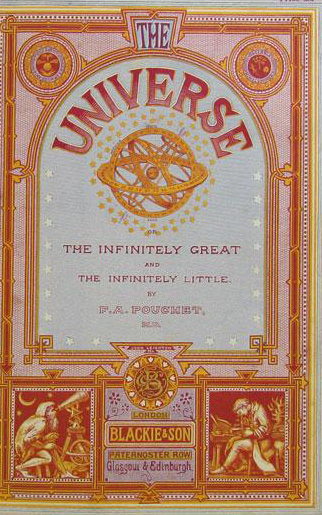 As it turns out, it seems as though there have been a thousand or two books published over the 400 years between 1500 and 1900 using the word "universe" in the title--at least according to a quick browse through the WorldCat catalogue. It seems actually to be a little common, which was a surprising to me. (Some of the titles were remarkable, as the one below by Herman Moll1, though the Pouchet title seems to be of high elegance compared to the lot I've seen.)
As it turns out, it seems as though there have been a thousand or two books published over the 400 years between 1500 and 1900 using the word "universe" in the title--at least according to a quick browse through the WorldCat catalogue. It seems actually to be a little common, which was a surprising to me. (Some of the titles were remarkable, as the one below by Herman Moll1, though the Pouchet title seems to be of high elegance compared to the lot I've seen.)
Pouchet does have some disappointments in the book, some classic beliefs that went afoul of experimentation and discovery. He has a towering time with Louis Pasteur, whose theory of airborne organisms causing all manner of changes in the state of biological systems ran directly against Pouchet's belief system of spontaneous generation, and of things being borne of nothingness. It was a bitter time Pouchet had with the great man, and a long and fruitless argument that would come to no good end for the man railing against what he called "pansperma".
His book in general was interesting, and ran the full gamnut of interest, establishing itself as a versatile and popular encyclopedia of sorts, in spite of his very obvious problem with being on the wrong side of the argument with Pasteur. Still, the title is great, and having it worked into the cover design of the book was brilliant.
Notes:
1. Herman Moll (1744) had the universe in mind with his (very well known) geography, a book with an enormous title: A Complete system of geography.
Being a description of all the
countries, islands, cities, chief towns, harbours, lakes, and rivers,
mountains, mines, &c. of the known world. Shewing the situation,
extent, and boundaries of the several empires, kingdoms, republics,
principalities, provinces, &c. their climate, soil, and produce;
their principal buildings, manufactures, and trade; their government,
policy, religion, manners, and customs; and the distance and bearing of
all the principal towns from one another. Comprehending the history of
the universe, both antient and modern; and the most material revolutions
and changes that have happen'd in it, either by conquest or treaties;
with whatever is curious and remarkable in the works of nature ... art.
To which is prefixed, An introduction to geography, as a science: An
explanation of maps: The doctrine of the sphere: The system of the
world: And a philosophical treaties of the earth, sea, air, and meteors.
The whole illustrated with seventy maps, all new-drawn and engraved by
Emanuel Bowen, according to the latest discoveries and surveys; and
printed on distinct half-sheets, the full size of the book; making of
themselves a complete atlas, for the use of all gentlemen, merchants,
mariners, and others, who delight in history and geography. This work,
extracted from several hundred books of travels and history, is brought
down to the present time; preserving all that is useful in the fourth
and last edition of the complete geographer, publish'd under the name of
Herman Moll, &c.


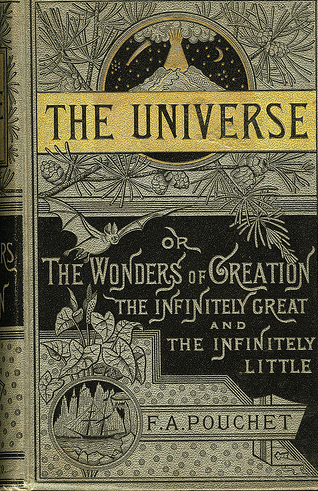
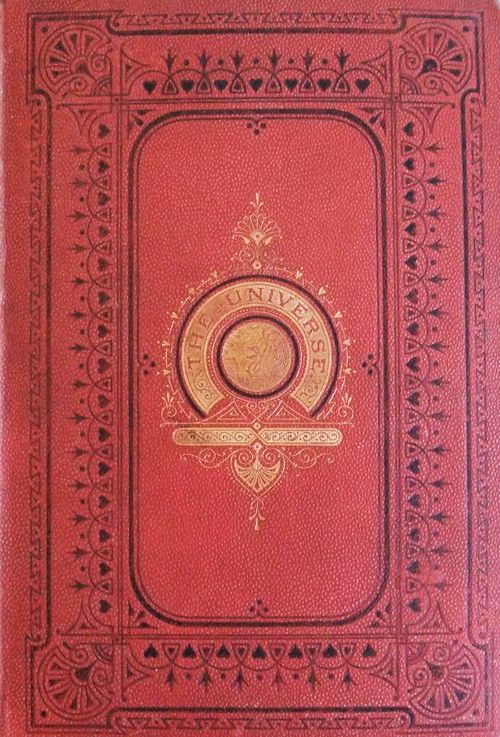
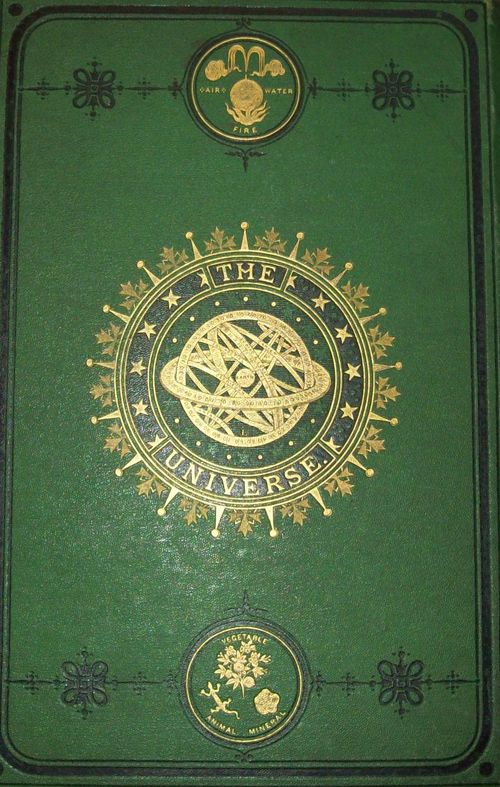
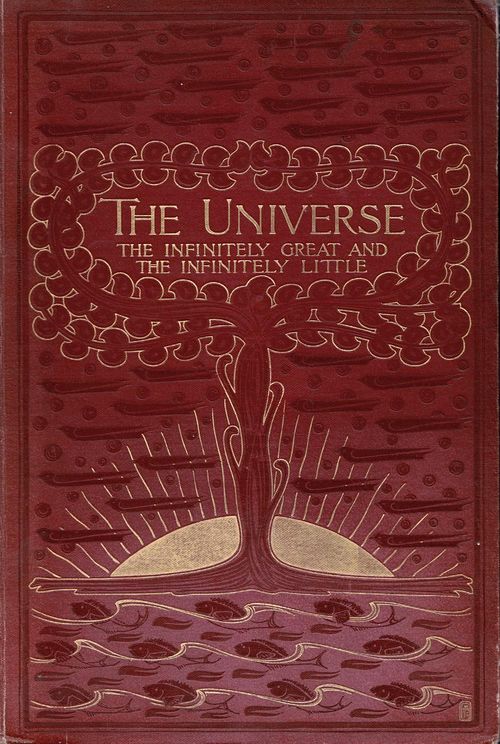
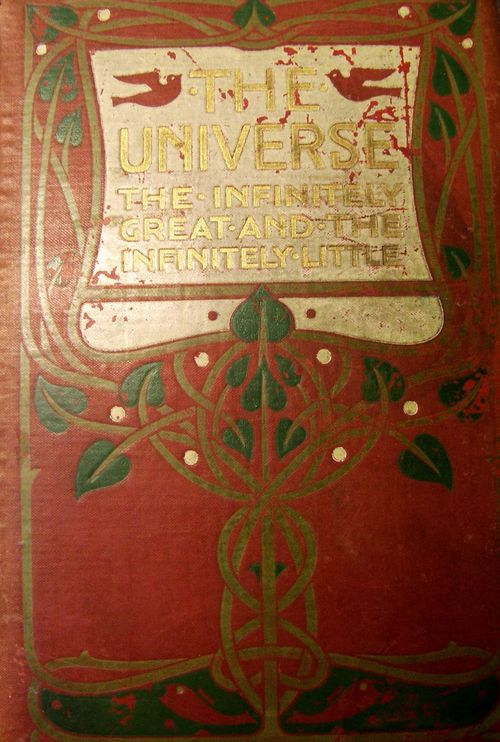

Comments